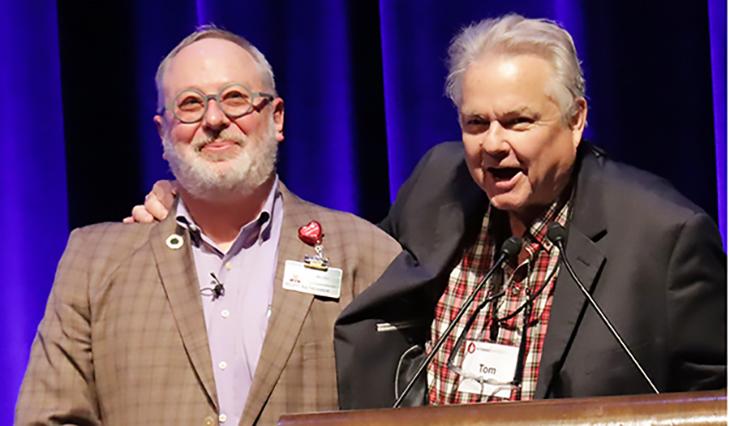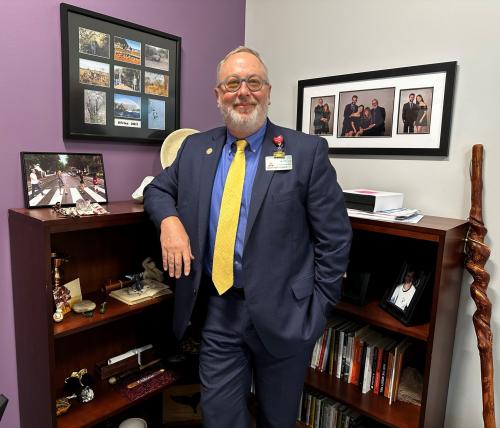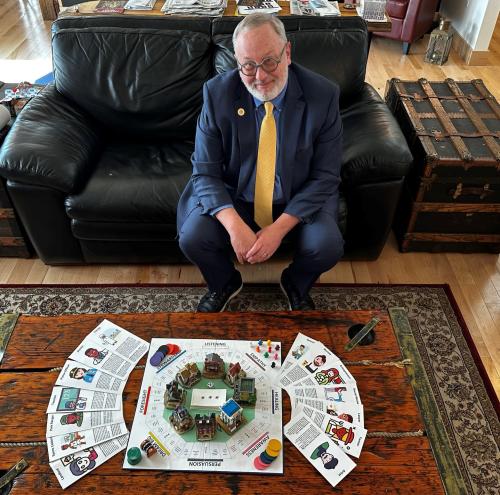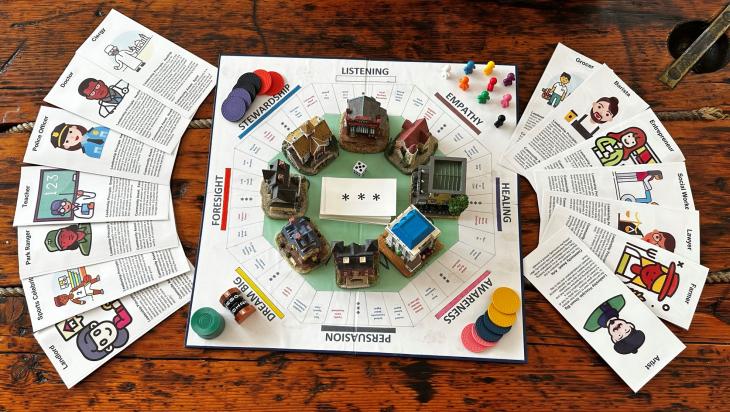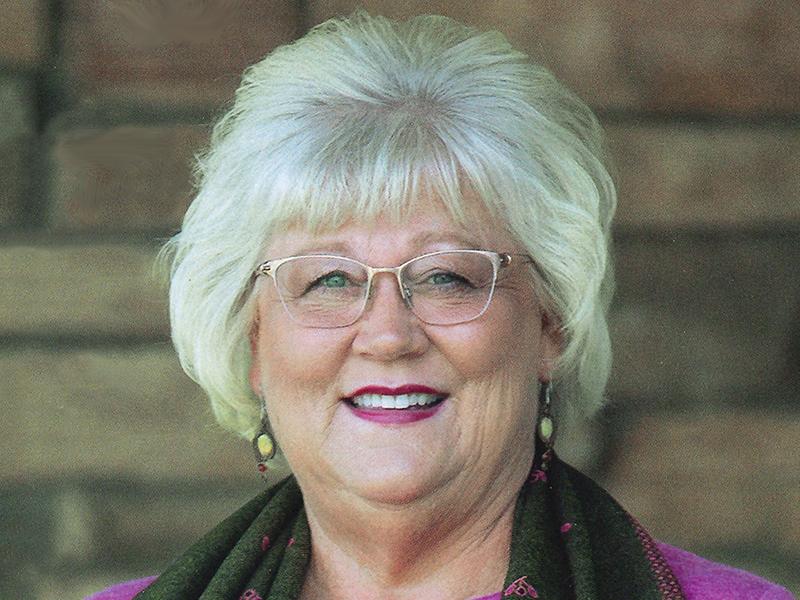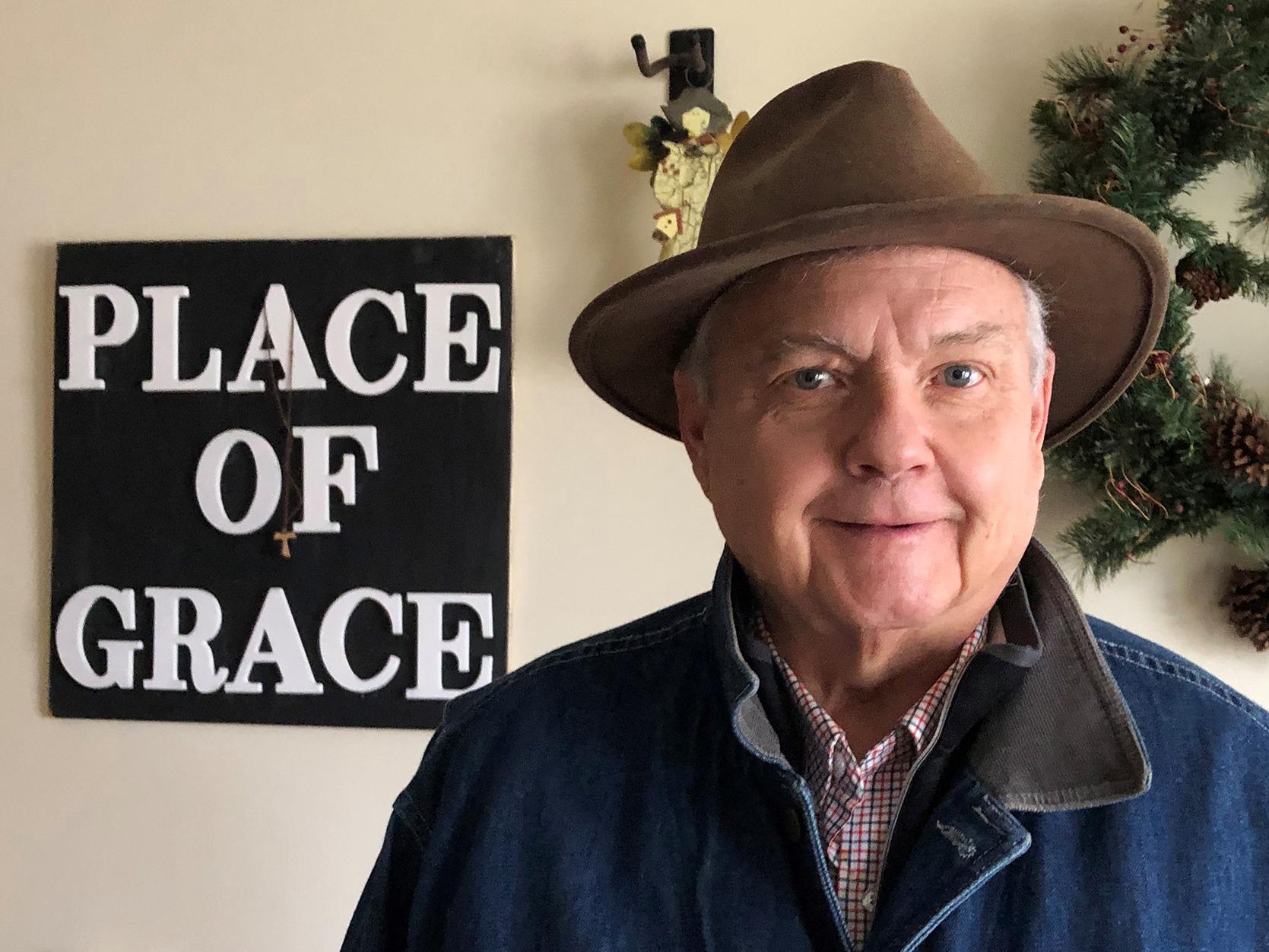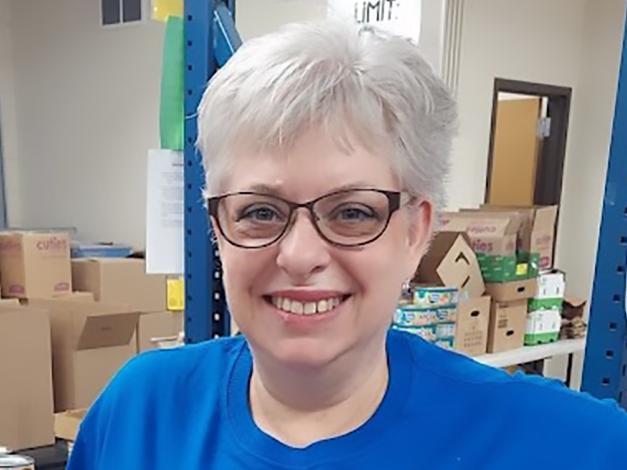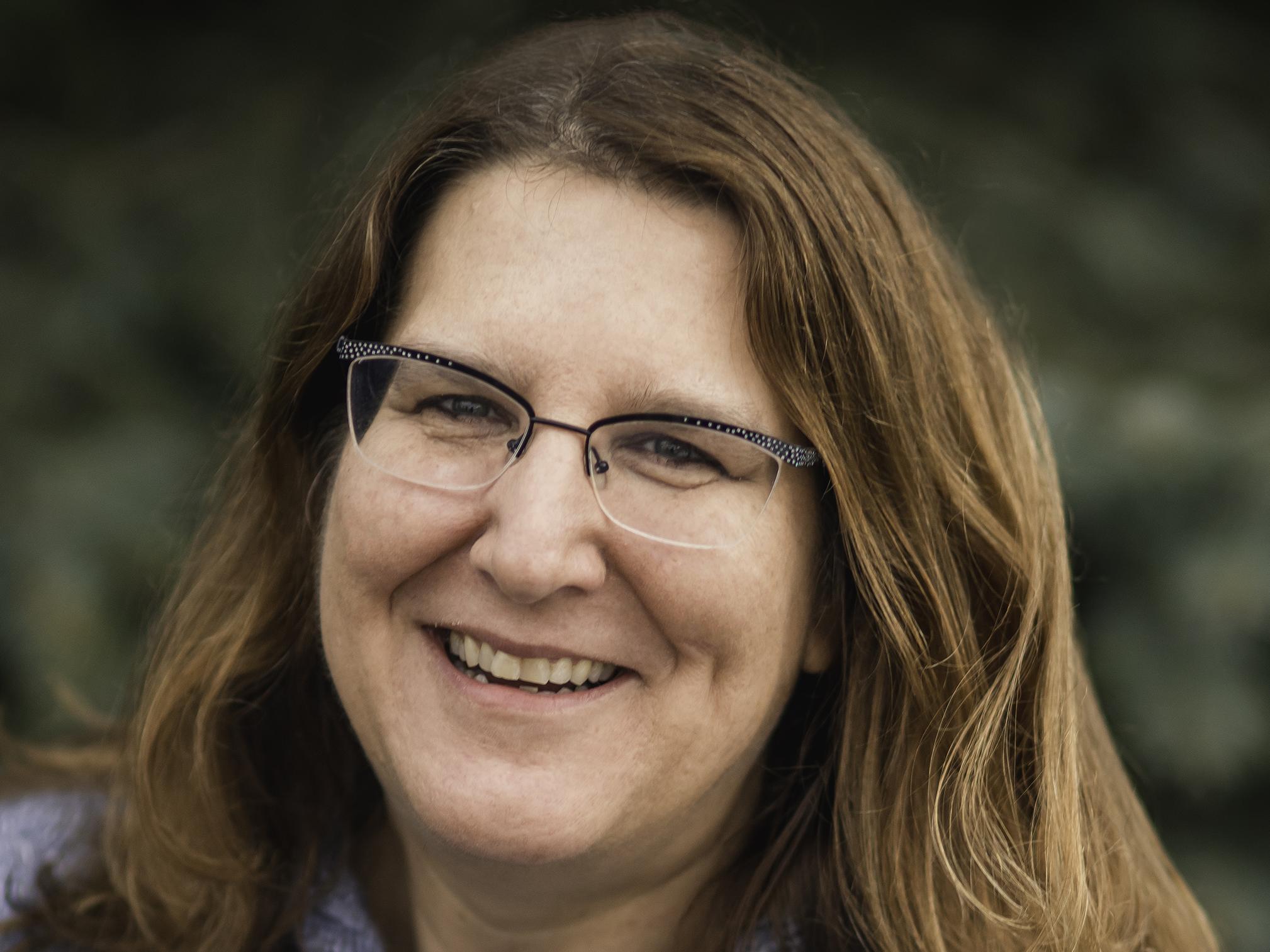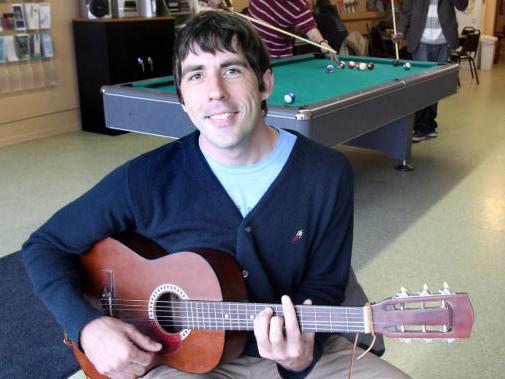When Dr. Scott Rathgaber ’22 became Gundersen Health System’s chief executive officer in 2015, you would think he already knew all he needed to know about leadership. That’s not how he saw it.
Rathgaber had learned much from his mentor and predecessor as Gundersen CEO, Dr. Jeff Thompson, and he had received lessons the hard way about what people need from a leader.
When he first took a leadership role as chair of the gastroenterology department a little over 20 years ago, he said, “I thought that I was the idea guy. I was the solution man. People come to me with their problems and I’d fix it for them. What I learned is that people don’t want you to fix their problems as a leader, they want you to help them, give them the resources and the support for them to solve their problems.”
Although he came out of medical school intent on treating patients, with no desire to worry about the business side of medicine, Rathgaber took on increasingly major leadership roles at Gundersen, including election to the board of directors and then being chosen as medical vice president. With each step up the leadership ladder, he had to be convinced that he was the right choice.
“Sometimes people believe in you before you believe in yourself,” Rathgaber said.
When he took on the CEO role at Gundersen, Rathgaber decided to seek out a leadership mentor outside the field of medicine. He went to Sandy Brekke ’19, then director of the St. Clare Health Mission and working on her Viterbo’s Master of Arts in Servant Leadership. She gave him a copy of Robert Greenleaf’s seminal book on servant leadership and suggested he talk to Tom Thibodeau, Viterbo’s distinguished professor of servant leadership.
“I called Tom and said, ‘Hi, you don’t know me but I’m looking for a leadership mentor,’” Rathgaber recalled. “You know Tom. He said, ‘Of course, no problem.’”
They started meeting monthly, discussing the tenets of servant leadership. “It really resonated with me and aligned with what I was trying to instill in our organization,” Rathgaber said.
Although he was getting a master class in servant leadership from Thibodeau in their meetings, Rathgaber decided he needed a deeper dive. Thirty years after earning his doctoral degree, he decided to enroll in Viterbo’s MASL degree program.
“I’ve always liked learning. Of course, I learned a lot from Tom from meeting with him, but I wanted to get everything that goes with that academic program. And how lucky are we to have that here. You can’t do that anywhere else in the United States,” said Rathgaber, who serves on Viterbo’s Board of Trustees. “What’s nice about the program is it’s not all-consuming. I had another job, but I was able to take classes on weekends, one or two at a time.”
As Rathgaber approached the end of the MASL program, he started thinking about his final project. That usually involves an in-depth research paper, a 40- to 60-page dissertation. “I’ve done that and I could do that, but what am I really going to learn from that. I thought, I could get it done, but it’d be just checking a box,” said Rathgaber, who knew other MASL students had done creative final projects instead of dissertations, such as plays or art works.
Then it came to him. “What if I tried to design a board game that incorporated the principles of servant leadership?” he said. “So I sheepishly went to Tom and said, ‘I could write a paper but I’m not going to get much out of it and neither will you, probably. Can I do something creative and make a board game?”
Thibodeau loved the idea.
“The idea behind it was that most board games you play against other competitors and somebody wins,” Rathgaber explained. “In servant leadership, everybody has to work together or nobody wins. The idea was to create a game where you can’t win by yourself. You can only win if everybody contributes. It teaches people to work together for things bigger than themselves.”
He called the game Community because the basic idea behind it is to build a community. Players get experience points, but no player can get enough to build an asset alone. The experience points come in categories that reflect the principles of servant leadership: listening, empathy, healing, awareness, persuasion, dream big, foresight, and stewardship.
Someday, Rathgaber plans to have a commercial-grade version of the game made, but it’ll have to wait until the dust settles on the major merger between Gundersen Health System and Green Bay-based Bellin Health Systems.
Spend any time with Rathgaber and his deep humility and gratitude for the opportunities he’s had will be apparent. He still considers himself a student of servant leadership, but he did say “yes” to Thibodeau’s request to speak at the recently held 20th annual Servant Leadership Conference.
Sharing his experience with conference participants, Rathgaber wanted people to realize that servant leadership is a journey that has stops and starts, detours and U-turns, and nobody ever gets on a direct route to perfection.
“I think I offered a message and example of vulnerability. I don’t have it all figured out. I make a bunch of mistakes, and you can, too, so don’t worry about it,” he said.

